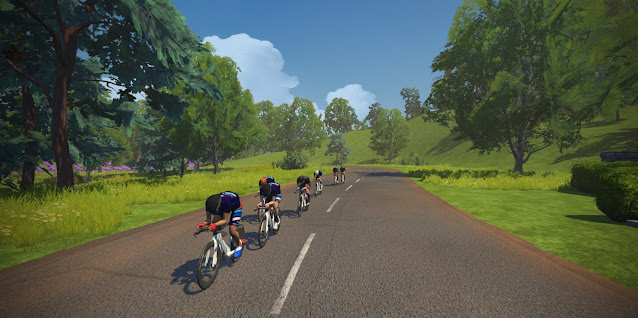Protein intake for Cyclists: the essential ingredient for muscle repair and cycling performance
Cycling is a relentless battle between man and machine, a test of physical strength and mental fortitude. To conquer this challenge, competitive cyclists must nourish their bodies with the right fuel. Protein, the cornerstone of muscle repair and growth, is essential in this endeavor. In this article, we discuss the importance of protein for cyclists, taking into account factors like training intensity, body composition, and individual goals.
1. The Role of Protein in a Cyclist's Journey
Protein is the lifeblood of the competitive cyclist, providing the very foundation for muscle repair and growth. The road is hard, and the ride is long. Muscles break down, and it is protein that builds them back up again. Beyond muscle, protein also supports immune function, hormone production, and overall health – vital factors for the cyclist facing the rigors of their journey.
2. Factors Shaping a Cyclist's Protein Needs
Various factors influence the protein needs of competitive cyclists, including:
- The intensity and frequency of training: The harder the ride, the greater the demand for protein to mend and strengthen muscle fibers.
- The composition of the body: More lean muscle mass means a higher need for protein to maintain and repair it.
- The march of time: As we grow older, our bodies lose efficiency in protein synthesis, requiring more protein to preserve muscle mass and recover.
- The cyclist's individual aspirations: Cyclists with goals of building muscle or shedding body fat have different protein needs than those focused solely on endurance.
3. The Ideal Protein Ration for Cyclists
Research suggests that endurance athletes, cyclists among them, should consume 1.2 to 1.7 grams of protein per kilogram of body weight daily. A 70-kilogram cyclist, for instance, would require 84 to 119 grams of protein each day. These recommendations, however, are not absolute. Individual needs may vary based on the factors outlined above.
4. The Timing and Distribution of Protein
Not only the quantity but also the timing and distribution of protein intake can impact a cyclist's recovery and performance. Studies indicate that consuming 20-25 grams of high-quality protein within 30 minutes to 2 hours after exercise maximizes muscle protein synthesis and recovery. Furthermore, evenly
distributing protein across meals and snacks throughout the day can optimize protein utilization and support muscle growth.
5. The Building Blocks of Protein
To ensure sufficient high-quality protein, cyclists must include a variety of protein-rich foods in their diet. Some noteworthy sources of protein include:
- Lean meats (e.g., chicken, turkey, lean beef)
- Fish and seafood
- Dairy products (e.g., Greek yogurt, cottage cheese, milk)
- Eggs
- Legumes (e.g., beans, lentils, chickpeas)
- Soy products (e.g., tofu, tempeh, edamame)
- Nuts and seeds (e.g., almonds, walnuts, chia seeds)
- Whole grains (e.g., quinoa, barley, farro)
Conclusion
The ideal protein intake for competitive cyclists is vital in optimizing performance and recovery. By considering factors such as training intensity, body composition, and individual goals, cyclists can determine their protein needs. Remember to consume high-quality protein sources and distribute protein intake evenly throughout the day to maximize muscle repair and growth. With the right approach to protein intake, competitive cyclists can face the challenges of the road ahead and emerge victorious.



Comments
Post a Comment